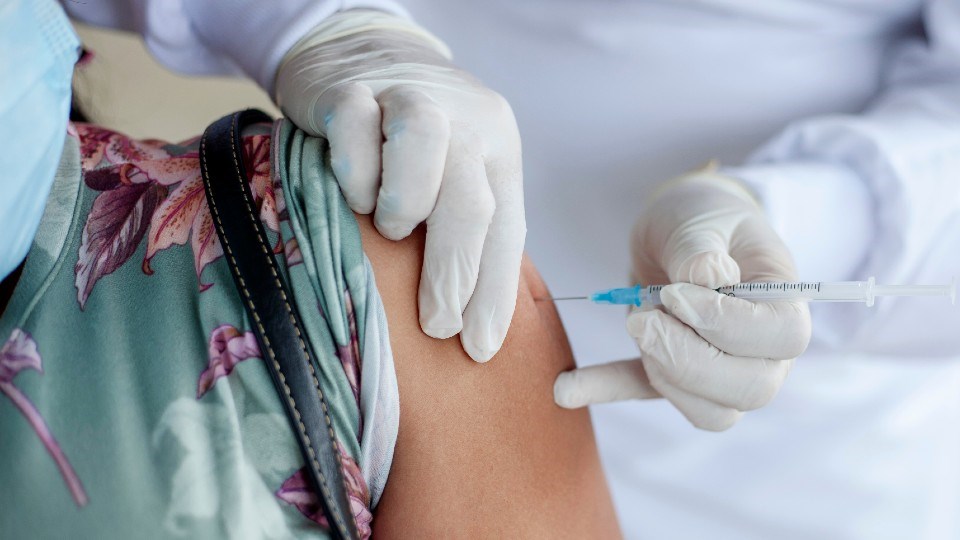Not everyone who is not vaccinated against COVID-19 is against the vaccine. There are thousands of people, probably more, who live in fear of getting a needle. Public Health Sudbury and Districts (PHSD) is aware of this and is prepared to accommodate people who have the fear.
While it is hard to pin down the number of people who have a fear of needles, a recent article from the Harvard Medical School said it could be as much as 16 per cent who fear needles to the point they would not get a vaccine shot.
A recent profile in The Toronto Star of PhD neuroscientist Samantha Yammine outlined how the well-known science communicator has lived with severe anxiety over getting needles that goes back to a traumatic incident from her childhood. She finally took steps to overcome the fear long enough to get her COVID-19 shots in May. She admitted on Twitter that she was initially embarrassed, but overcame the fear.
One study done in Toronto in 2012 found that seven per cent of parents and eight per cent of children cited a fear of needles as a reason for not getting a vaccine.
In Sudbury, public health nurse Lisa Bazinet said the fear is entirely understandable and something that public health people are familiar with.
"We know that, you know, mild needle fears are common, but there is that research that would suggest that there's actually more adults that have more of a debilitating you know, type fear that is associated with vaccinations and that can certainly cause increasing anxiety and stress for many adults," said Bazinet.
She said the obvious concern from the public health point of view is that the fear is enough to stop people from stepping up to prevent the risk of getting a serious disease.
Bazinet said the anxiety is real.
"So we certainly do know that it can be a concern for many people, just even thinking about needles can trigger a reaction that may be a little bit more serious than others, right with that momentary discomfort. We know that some have a full phobia to receiving the vaccines and oftentimes it can be stemming from a past painful or undesirable experience which could have been triggered in childhood."
At other times, said Bazinet, the fear could come from other adults who have had painful experiences.
She said there are measures that can be taken to make the vaccination process less scary. Bazinet said with so many people coming in for vaccinations in the past nine months, public health people have seen people with fear.
She said the first approach is to find something to distract people, especially when people openly admit their fear.
"We'll encourage them to listen to music so if they can bring something to the appointment, you know, little ones they can watch videos on an iPad or their parent's phone. Sometimes reading for some is a distraction or even just talking to the healthcare provider. You know, as long as it's sometimes not quiet as long as they can help have that distraction," said Bazinet.
People can also go to their pharmacy before the appointment and pick a topical pain-killing ointment. Bazinet said there are several over-the-counter salves and creams that can reduce the pain effect of a needle. Several options were discussed in an online article from Toronto’s SickKids Hospital.
Also, people who might be embarrassed or feeling uncomfortable about the needle can ask about getting their shot in a quieter place.
"Absolutely, so we always want people to be comfortable so we do have — I don't want to say that we call it a quiet room — but we do have a recovery room where we offer a very comfortable nice recliner," said Bazinet.
"If you've had a history of fainting then we always tell people please make sure that you're upfront with your health-care provider and that you tell them that," she said.
She said the recovery room gives some people the level of relaxation they need to have a more positive experience.
Bazinet said there are no hard and fast numbers on how many people are refusing vaccines because of the fear of needles. But she said it is enough that it is a valid public health concern. She said at this point PHSD is focusing on the fact that "vaccines are meaningful" and getting the message out to the public that vaccines are the best way to control COVID-19.
Len Gillis is a Local Journalism Initiative reporter at Sudbury.com. He covers health care in Northern Ontario.
